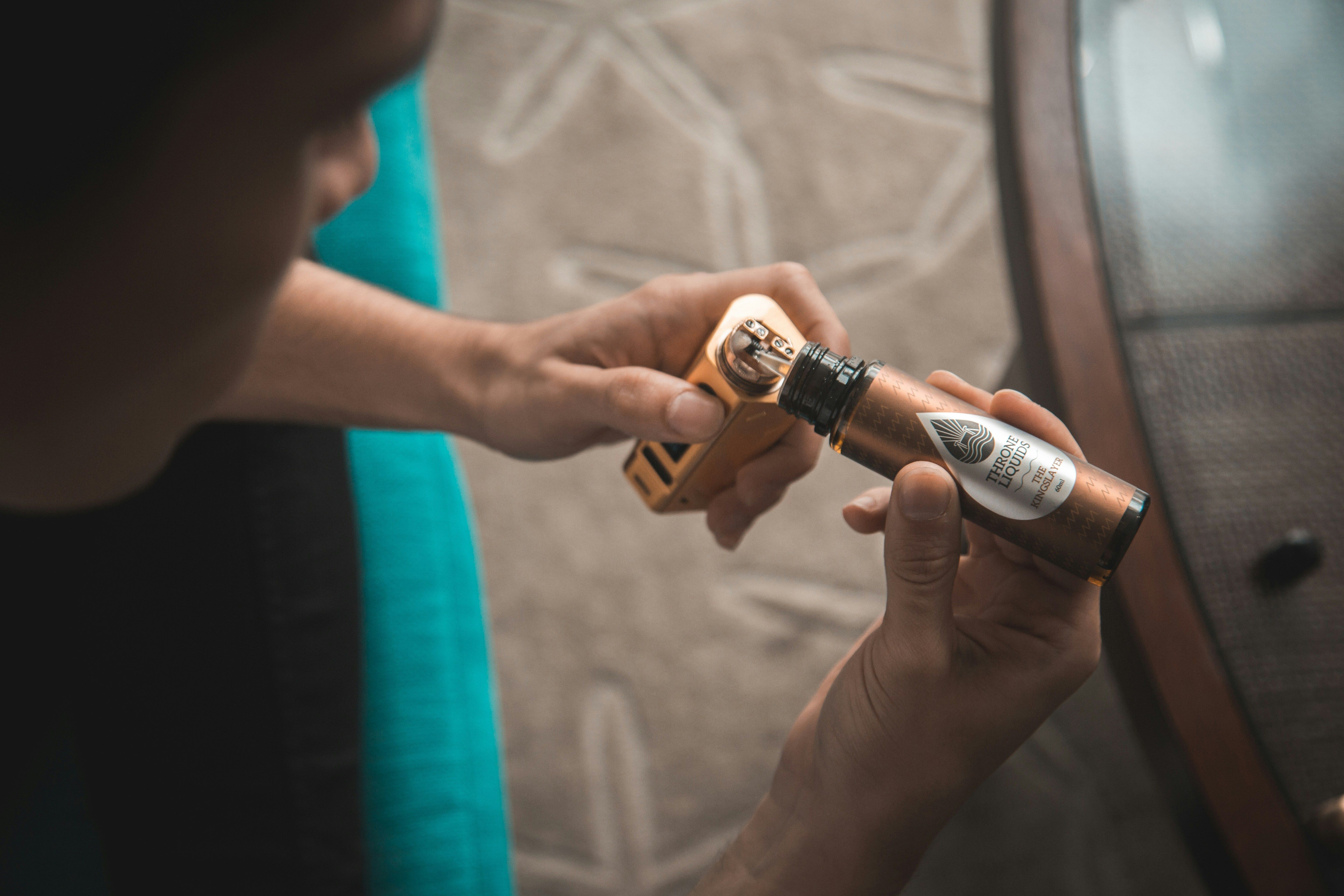
Talking to Kids and Teens About Vaping: Age-Appropriate Conversations
Kids and teens are vaping and using e-cigarettes more than ever, and parents can have an impact. Tailoring these discussions to your child's age ensures that the information is understandable and impactful. Here are ways to talk to your child about vaping”
Under 11: Laying the Foundation for Health Choices
For younger children, focus on laying a solid foundation for making healthy decisions, explaining vaping in simple, relatable terms.
- Explain What Vaping Is: Kids might have seen people vaping or heard about it. You can say, “Some people use e-cigarettes or vapes, which produce a cloud that looks like smoke. These devices often have chemicals that are unhealthy and can make it hard to breathe.”
- Emphasize Health Over Fear: Children this age may be scared if you approach the topic too harshly. Instead, focus on building positive habits. “We keep our lungs healthy by avoiding smoke, just like we wash our hands to avoid getting sick.”
- Be honest: If asked why people vape or smoke, explain, “Sometimes people think it’s fun or cool, but it can hurt their bodies. Other people think it helps them relax, and it might for a few minutes, but it really just makes them more stressed and anxious, which makes them need to vape again.” You can also explain that at first it was a choice to start vaping, but once someone has vaped a few times it can be really hard to stop, even if they want to.
Ages 12-14: Providing Facts and Encouraging Dialogue
As children enter their preteen and early teen years, peer pressure and exposure to vaping increase. Honest and factual conversations are critical.
- Be Direct and Provide Data: Share facts without sounding preachy. “Did you know that vaping can be addictive because it often contains nicotine, which can make it very hard to stop once you start?”
- Address Peer Pressure: Acknowledge that they may be offered vapes. Encourage them to prepare responses, such as “No thanks, I’m good,” or provide strategies to leave situations that make them uncomfortable.
- Ask Their Opinions: Instead of lecturing, ask, “Have you heard about vaping at school? What do you think about it?” This invites open conversation and lets you gauge their knowledge and feelings.
- Discuss Misconceptions: Clarify myths, like the idea that vaping is “safer” than smoking. Emphasize that vaping still carries risks, particularly for developing lungs and brains.
Ages 15+: Navigating Nuanced Conversations
Teens over 15 often seek independence and are likely exposed to more risky behaviors. Approach the topic with respect and a willingness to listen.
- Be Open, Non-Judgmental, and Curious: Ask them what they know about vaping or if they’ve seen friends try it. Express your concerns without judgment: “I care about your health and safety. Can we talk about why people might feel pressure to vape?”
- Discuss What They are Hearing from Peers: Ask teens why their peers say they vape. If it is to relax, talk about how it may feel relaxing for a few moments, but smoking and vaping makes people more anxious when it “wears off’. If they say it is cool, talk about how the side-effects of not doing as well in sports or spending a lot of money aren’t worth it. Focus on shorter term side effects that kids could experience in the next few years.
- Connect It to Their Goals: Tie the conversation to their interests. “I know you’re training hard for soccer—vaping could make it harder for you to perform your best.”
Offer Support, Not Ultimatums: Make it clear that you’re there to help, whether they have questions or need support dealing with peer pressure. Reiterate, “I’m always here to listen, without judgment.”
Other Resources
Truth Initative has a free course available for teens.
ND Quits offers free tools for teens and adults to quit vaping.
Final Tips for Parents and Caregivers
One-time conversations are not as valuable as ongoing conversations about vaping, smoking and substance use. Make sure your child or teen knows you are a safe, non-judgmental person that they can come to with questions or problems.
Reviewed 11-15-24 by Layn Sabot, LPCC, LMAC.


